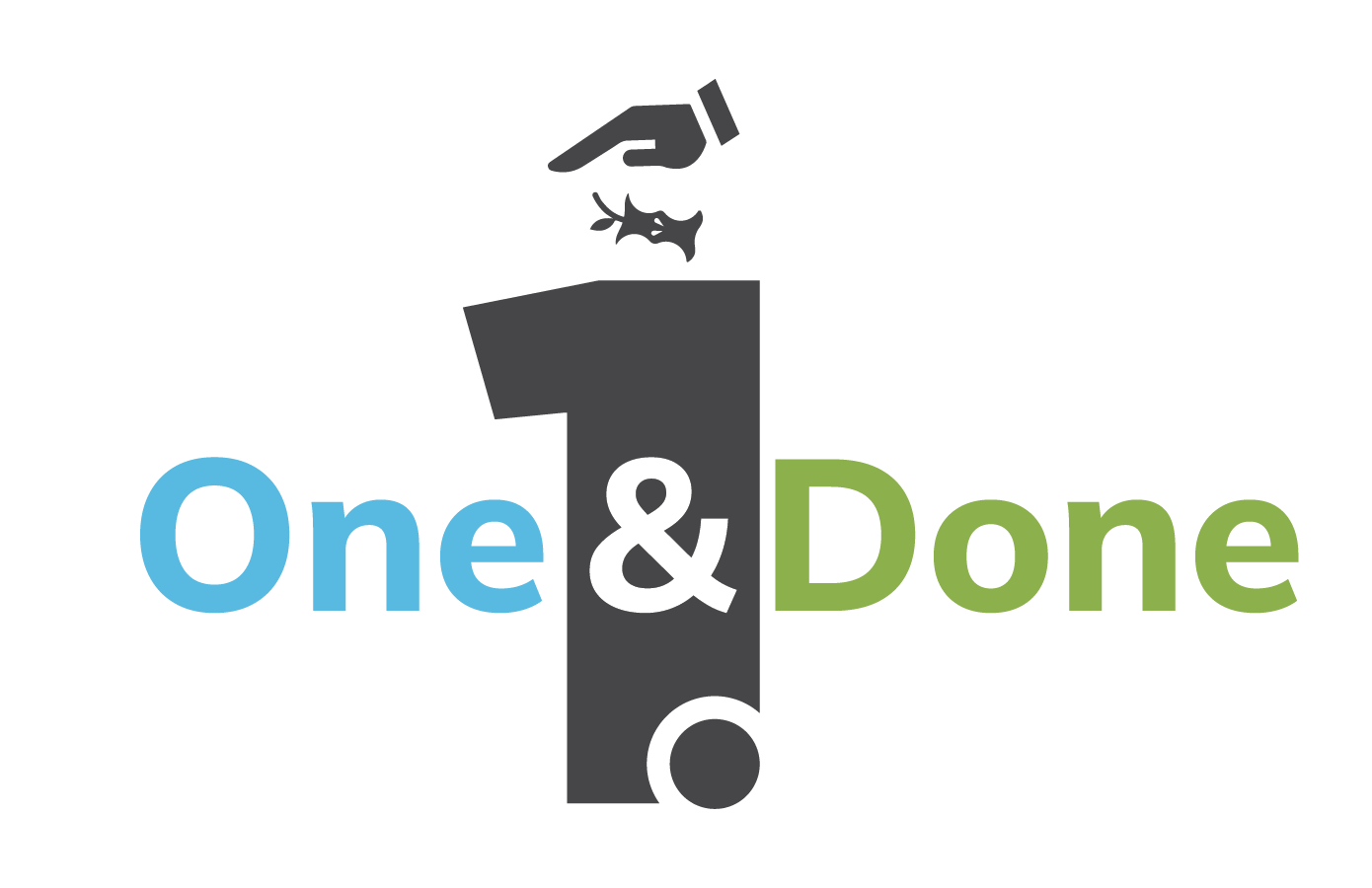The Edible Food Recovery Program
The City of Lincoln is proud to be participating in Placer County’s Edible Food Recovery Program, which will put food that would have been thrown out to good use.
In September 2016, Senate Bill 1383 was signed into California Law. This bill was part of a broader effort to reduce carbon emissions and combat climate change state-wide. In particular, this bill mandates a reduction in the edible food waste which businesses send to our landfills. Required businesses will need to have a written agreement with a charitable food organization and send them any surplus food which meets California Retail Food-Safety Standards.
The process that was happening – edible food being wasted:

The process that’s now happening – edible food being donated:

How Does This Legislation Affect Me?
As of 2022, any distributors of food products within Placer County – such as supermarkets, wholesalers, food service providers, or grocery stores – with a facility of at least 10,000 square feet have been required to donate their leftover food.
Starting in 2024, restaurants with 250+ seats, hotels with onsite food facilities, large venues, state agencies, and healthcare facilities with 100+ beds will also need to begin donating.
If you fall into either of these groups, Placer County Environmental Health staff will contact your business with specific information about compliance requirements and timelines. You can find compliance resources and template donation agreements at CalRecycle’s Food Recovery Website.
Food Donation Centers
Placer County’s two regional food distribution centers are great places to start looking for a donation partner.
Placer Food Bank
Roseville, CA 95678
916-783-0481
jeff@placerfoodbank.org
Sierra Community House
Kings Beach, CA 96148
530-546-0952
hungerrelief@sierracommunityhouse.org
Alternatively, for a full list of donation locations in Placer County, including three in Lincoln, look here.
Frequently Asked Questions
1. Why is my business receiving this information?
Your business has been identified as meeting the criteria of one of the defined categories of commercial edible food generators in SB 1383:
Tier I commercial edible food generators are businesses such as grocery stores, supermarkets, wholesale vendors, and food service providers. The deadline for Tier I businesses to begin donating food is January 1, 2022.
Tier II commercial edible food generators are businesses such as restaurants, hotels, schools, and large events and venues. The deadline for Tier II businesses to begin donating food is January 1, 2024.
2. What does my business have to do to meet the requirements of SB 1383?
As a commercial edible food generator, you must enter into a contract or other written agreement with a food recovery service or food recovery organization to donate the maximum amount of edible food that would otherwise be discarded. No food may be intentionally spoiled to avoid donation.
Records must be maintained on-site at your business, including:
- A list of each food recovery organization or service that collects or receives donations from your business, containing:
- The name, address, and contact information for the organization or service,
- The types of food donated,
- Whether the donations are self-hauled or collected by the organization or service,
- The frequency of donations (daily, weekly, monthly, etc.),
- Quantities of donated food, measured in pounds per month.
- Copies of the contracts or written agreements with each food recovery organization or service.
3. Can I donate food to more than one food recovery organization?
4. I'm worried about donating food. What if somebody gets sick from eating a donated food item?
There are various legal protections in place for businesses donating food for charitable purposes. Please visit the County web page here and review the legal protections for food facilities (page 6) in the safe surplus food donation toolkit.
5. Are there benefits to my local community and to my business for taking part in this program?
Donating food to charitable organizations helps fight hunger in underserved communities in our County and beyond. Additionally, there are tax benefits available to your business by donating food.
Please visit the County web page here and review the safe surplus food donation toolkit for donating food to charitable feeding organizations. The toolkit contains the following helpful information:
- Page 2 – Tax deductions your business may qualify for by donating food.
- Page 4 – How to start a food donation program at your business.
- Pages 7-8 – Grocery Store Food Loss Prevention Tips.
- Pages 9-10 – Restaurant Food Loss Prevention Tips.
6. Who can I contact about starting up a food donation program at my business?
7. What if I'm not able to donate food due to circumstances that are out of my control?
SB 1383 grants a commercial edible food generator the ability to demonstrate the existence of extraordinary circumstances beyond its control that make food donations impracticable. Such circumstances may include Acts of God such as earthquakes, wildfires, flooding, other emergencies or natural disasters, or failure by the local solid waste collection jurisdiction to provide adequate avenues for food to be donated. The burden of proof falls on you, the business owner, to demonstrate the existence of such circumstances.
8. What are Tier I and Tier II businesses?
Tier I commercial edible food generators are:
- Supermarkets
- Grocery stores with a total facility size equal to or greater than 10,000 square feet
- Food service providers
- Food distributors
- Wholesale food vendors
Tier II commercial edible food generators are:
- Restaurants with 250 or more seats, or a total facility size equal to or greater than 5,000 square feet
- Hotels with an on-site food facility and 200 or more rooms
- Health facilities with an on-site food facility and 100 or more beds
- Large venues
- Large events
- State agencies with a cafeteria with 250 or more seats or a total cafeteria facility equal to or greater than 5,000 square feet
- Local education agencies with an on-site food facility
